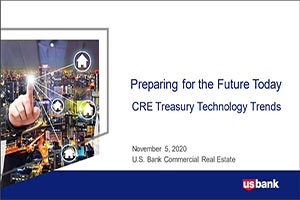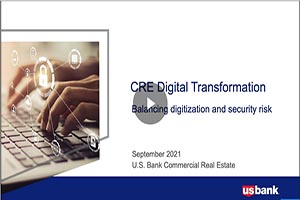Do you have a product that you think will be successful, but you lack the infrastructure to bring it to scale? A licensing agreement can be a profitable option for solo entrepreneurs, inventors and many business owners.
Licensing is essentially an agreement between you (the licensor) and another party (the licensee) to take your product to market. In return, you receive either a lump sum or royalty payments for each item sold. To protect your rights, have your attorney involved in every stage of the licensing process.
Some basics of a licensing agreement
- Performance: Spells out the performance requirements of the licensee, such as sales goals. If the licensee doesn’t live up to the agreement, you’ll be able to terminate the contract.
- Exclusivity: If your licensee agrees to an exclusivity clause, they will not be able to take on one of your competitors as another licensor.
- Distributors: Licensees often hire outside distributors to improve sales. To protect yourself, you should have approval over distributors.
- Liability: Spells out who is liable in the event of product failures, recalls and other problems.
What are the benefits of a business license agreement?
Once you license your product, someone else assumes the responsibility for manufacturing, marketing and distributing it. This is especially attractive to “serial entrepreneurs” who like to develop one product, sell it and move on to the next.
A business license agreement also makes sense for products that can be sold to multiple companies you might have difficulty accessing yourself. For example, sports-team branding can be vital to the success of your product but difficult to secure as a business.
Rather than approach all the professional teams in a league, you work out a licensing agreement with one company that already has a deal with the league. That company then manufactures your product with the proper logos as part of the design.
What are the drawbacks?
You are limited to a percentage of the profits and, once you sell your licensing rights, you often lose control over production and quality.
Tips for seeking a licensee
Finding a company interested in licensing your product is challenging. Only a small percentage of entrepreneurs land successful business licensing agreements. To improve your chances:
- Broaden your vision: Don’t just know your product. Know your industry. Research companies that may be good licensing partners so you can talk to them at their level.
- Polish your presentation: Don’t assume the prospective licensee will intuitively see how your product works or how it fits with their existing products. Be able to speak knowledgeably about your market and your competition.
- Turn negatives into positives: Even if your product is ultimately turned down, you can use this as an opportunity to learn and improve. Find out why you were turned down and how those obstacles can be overcome in the future.
How can you protect yourself?
When you license your product, you need to be sure to protect your interests.
- Hire an intellectual property attorney: You need someone with experience in drawing up confidentiality agreements and licensing agreements. This is definitely not a do-it-yourself project
- Have your patents in order: This will establish your right to your idea. Also, many companies will not be willing to talk to you unless you already have a patent issued for your product. The patent process can take time, so apply as soon as you can.
- Follow the plan: When you submit a product to a potential licensee, follow their instructions to the letter. Remember, you now have a contract. Any changes or shortcuts on your part can kill the deal.
Licensing isn’t simple, but it can be highly lucrative for people who understand the process and know how to protect their interests. If you have an idea or product that fits, it might be worth exploring.
There's more to learn. Continue reading about how to drive sales for your business.












































































